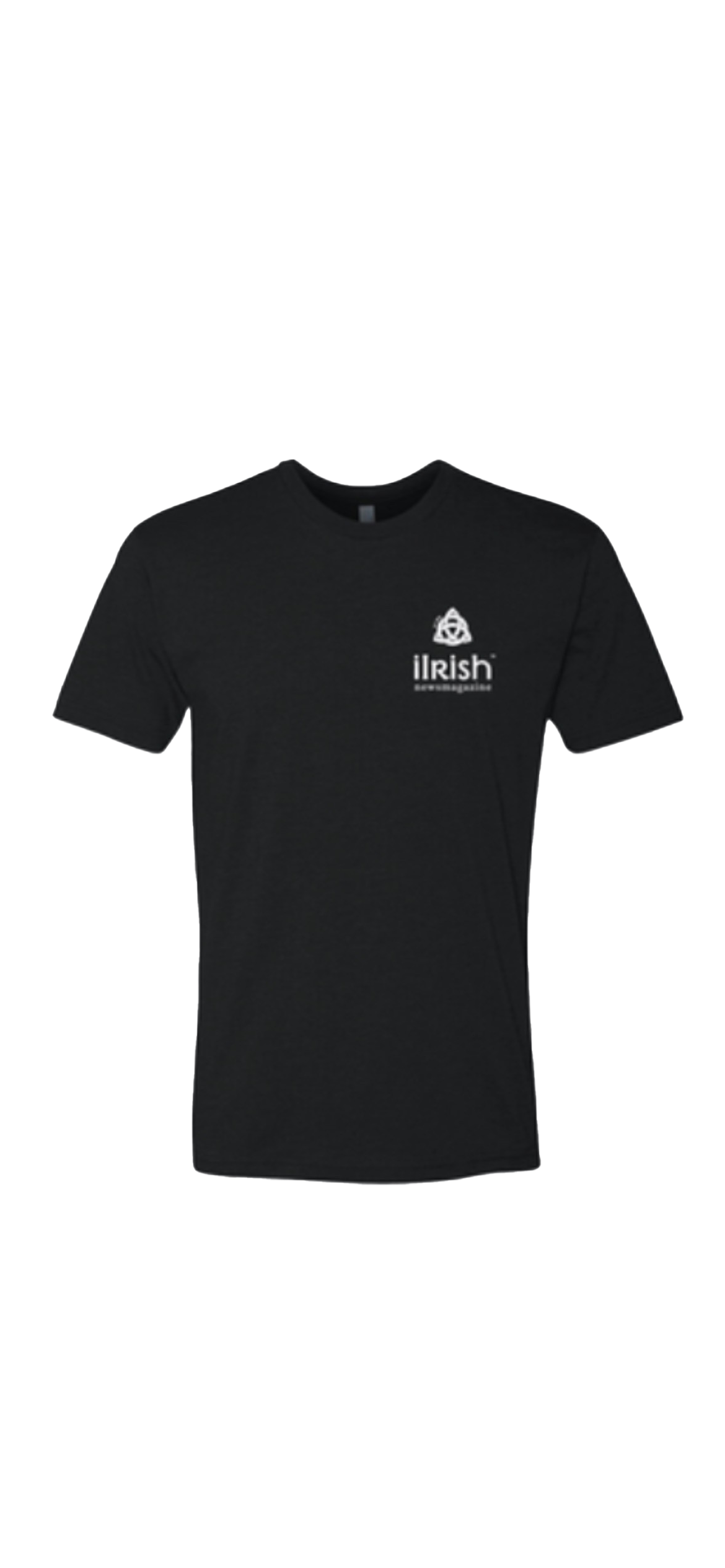Speak Irish:Beatha Teanga í a Labhairt
It is the Life of the Language to Use It
by Bob Carney
A rather common question that we hear from beginners at the Speak Irish Cleveland sessions is,
“Other than Ireland, where can I speak Irish?”
The short answer is,everywhere! We don’t need to be fluent to use our cúpla focal (koo-pla foe-kal) couple of words, in just about any circumstance, nor do we have to use what we know, strictly with other speakers or students of Irish.
Hello, goodbye, thank you and other words and phrases we use continually throughout our day, why not use Irish and follow it up with the English equivalent in our interactions with others? I’ve found that it is a very simple way to keep Irish on our tongues and a great way to share a little bit of our heritage, and if you’re lucky, to learn a little of someone else’s. The last few months we’ve been following the conversations between “Nóra and Aoife,” it’s time to stop following and start participating!
Most of the following list uses phrases and phonetics common in the southwest of Ireland,or the Munster or Kerry dialect. One note we’ve discussed before is that there is no simple yes or no in Irish. In Irish the verb in the question is repeated back in its affirmative or negative form.
The words sea (shah) yes or ní hea (nee hah) no, would not be grammatically correct in answering all questions posed in Irish, but for our purpose, responding to an English speaker, they will suffice. The words sea and ní hea literally mean,it is and it is not.
EVERYDAY IRISH:
sea (shah) yes ní hea (nee-hah) no
Dia duit (dee-uh gwit) hello literally,God to you Dia’s Muire duit (dee-uss morra gwit) response to hello.Literally,God and Mary to you
Go raibh maith agat (guh rah mah ah-gut) thank you lit. May there be good at you
Go raibh míle maith agat ( guh rah meela mah ah-gut) many thanks
Tá fáilte romhat (taw fahl-cha roh-it) you’re welcome
Le do thoil (lay duh hull) please
Gabh mo leithscéal (guh mah lesh-scale) excuse me lit. accept my half story (I love Irish phrases!)
Maith thú (mah who) good job or the equivalent of “fair play to ya!”
An mhaith (ahn vah) very good
Fáilte (fawl-cha) welcome
Céad míle fáilte (kayd meela fawl-cha) one hundred thousand welcomes
Maidin mhaith (moh-jin wah) good morning
Oíche mhaith (ee-hah wah) good night
Tráthnóna maith (trah-no-nah mah) good evening
Ceart go leor (kyart guh lore) right enough/ok
Maith go leor (mah guh lore) good enough
An bhfuil sé ceart go leor? (ahn will shay kyart guh lore) Is it ok?
Tá se sin go maith. (taw shay shin guh mah) It’s good.
Is maith liom mé. (iss mah lum ay) I like it.
Mar seo (mahr shoh) like so
Tuigim (tigg-um) I understand
Ní thuigim (nee higg-um) I don’t understand
An dtuigeann tú mé? (ahn digg-enn too may) Do you understand me?
Níl a fhios agam (neel iss ah-gum) I don’t know lit. there isn’t knowledge at me
Tá an ceart agat (taw ahn kyart ah-gut) That’s right
Conas atá tú? (koh-nass ah-taw too) How are you?
Táim go maith (thyme guh mah) I’m good
Feicfidh mé thú (fek-ay may who) I’ll see you
Tá an lá go bréa (taw ahn law guh braw) It’s a fine day
Dia linn (dee-uh linn) God bless us (used as a blessing when someone sneezes)
An bhfuil Gaeilge agat? (ahn will gall-ih-gay ah-gut) Do you speak Irish?
Tá beagáinín Gaeilge agam. (taw bee-uh-gon-ing gall-ih-gay ah-gum) I speak a little Irish
Cuir Gaeilge ar — dom? ( kuhr gall-ih-gay ar — dum?) How do you say — in Irish?
Cad is brí le —? ( kahd iss bree luh —) What does — mean?
Ná labhair chomh tapa san. (nah lowh-ur cohv tah-pah sahn) speak more slowly
Abair arís é. (ah-buhr ah-reesh ay) repeat it
Scríobh é (skreev ay) write it (I would add le do thoil to these phrases, it’s only polite!)
Cén scéal agat? (ken shcale ah-gut) What’s up? Lit. what’s your story?
Cén fáth? (ken fah) why?
Slán (slawn) goodbye
Tóg go bog é (tohg guh bug ay) take it easy
This list only scratches the surface of words and phrases we use everyday in our interactions with others. In our Speak Irish Cleveland classes,we encourage everyone to add to this by translating things they say often, perhaps they tell their pet to sit or to say good dog. It’s easy to use teanglann.ie to help yourself translate what phrases you want to make part of your daily use. Beatha teanga í a labhairt. It’s the life of the language to use it!
Slán go Foíll!
Bob
*Bob Carney is a student of Irish history and language and teaches the Speak Irish Cleveland class held every Tuesday @Pj McIntyre’s. He is also active in the Irish Wolfhounds and Irish dogs organizations in and around Cleveland. Wife Mary and hounds Cian and Morrighanand terrier Doolin keep the house jumping. He can be contacted at [email protected]




